What’s the point of the government’s flagship Rwanda deportation scheme if it isn’t going to save money for the taxpayer? That’s a reasonable question to ask after the Home Office finally published its impact assessment on the plans – as yet unrealised – to deport asylum seekers to the East African country.
That document revealed it will cost £169,000 per person, and this would only represent a saving for the UK taxpayer if 37 per cent of small boat arrivals were deterred. Home Secretary Suella Braverman published this assessment (which she is legally required to do) with her own written ministerial assessment, in which she also argued that the costs of accommodating illegal migrants in the UK had ‘risen dramatically since 2020’.
The Rwanda policy itself is somewhat hypothetical given no flight has taken off yet
‘If these trends continue, by the end of 2026,’ Braverman wrote, ‘the Home Office would be spending over £11 billion a year (or over £32 a day) on asylum support. In such a scenario, the bill would only need to deter 2 per cent of arrivals for the policy to enable cost savings for the taxpayer.’
These are the sorts of statements that, if put to a government minister by a backbencher or a journalist, would be dismissed as ‘hypotheticals’. But then again, the Rwanda policy itself is somewhat hypothetical given no flight has taken off yet. That hasn’t stopped ministers seeking new countries to offer additional capacity for deported migrants.
Braverman added in her statement that: ‘The impact assessment also considers non-monetised benefits that would result from stopping the boats, including: fewer individuals undertaking hazardous and unnecessary journeys crossing the Channel; reduced pressures on public services and housing markets; and other wider asylum system benefits from fewer migrants being supported in the system’.
It might be churlish to point out that the asylum backlog is also a driver of higher costs, with migrants waiting months for a decision. Stopping the boats is one of Rishi Sunak’s five priorities, but this is the pledge that has the least chance of the Prime Minister meeting at the next election. This doesn’t matter as much as the ones on inflation and NHS waiting lists because voters are more sympathetic to the argument that other people got in the way here, whether judges, the Labour party (by voting against the Illegal Migration Bill), or maybe even the Home Office civil servants who produced this awkward impact assessment. Either way, it shows the cost of policy making that is about symbols rather than things working.
Got something to add? Join the discussion and comment below.
Get 10 issues for just $10
Subscribe to The Spectator Australia today for the next 10 magazine issues, plus full online access, for just $10.


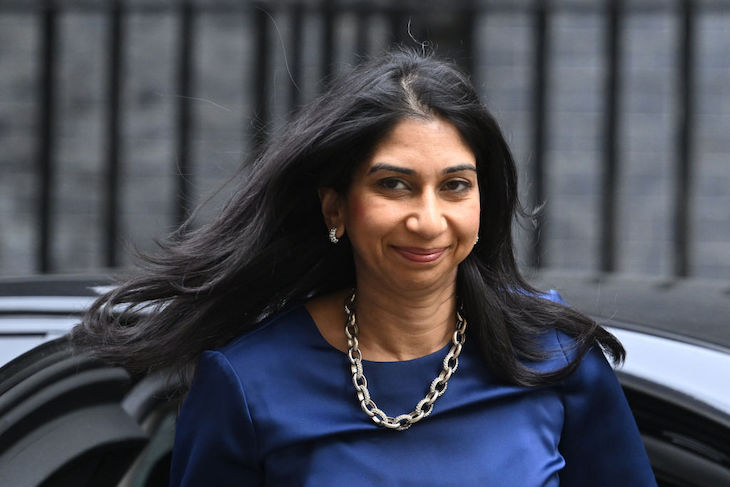
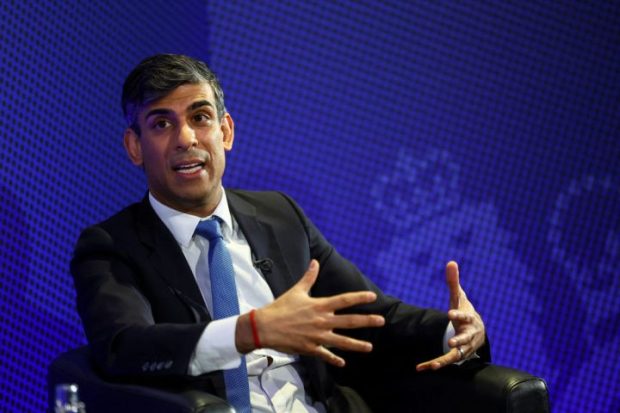
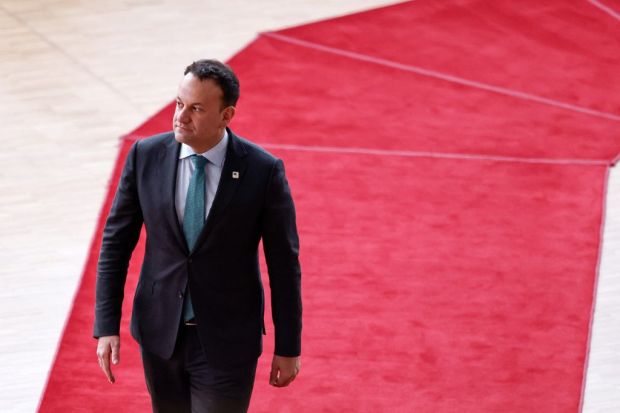
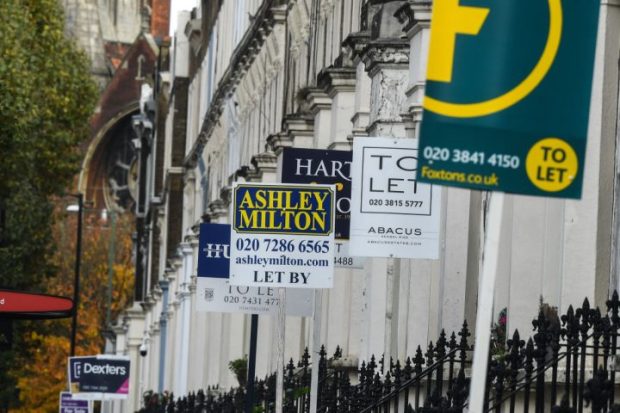

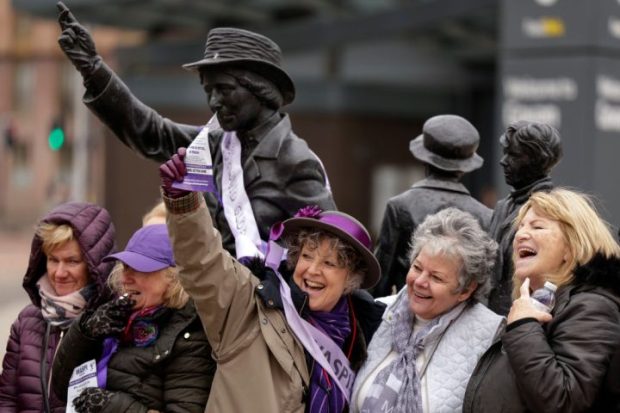













Comments
Don't miss out
Join the conversation with other Spectator Australia readers. Subscribe to leave a comment.
SUBSCRIBEAlready a subscriber? Log in